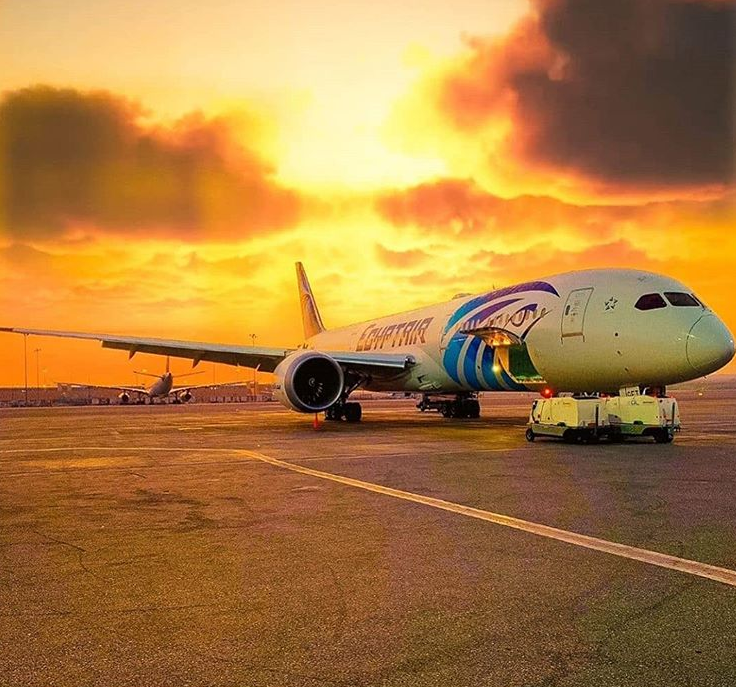Egyptian fans of the Lebanese music star Fairouz might be wondering why her latest album, Eih, Fi Amal (Yes, There is still hope), is not yet widely available in Egypt. The album, released around the Arab world in the first weekend of October, was still missing from the shelves of the Egyptian music stores until high-end Virgin Mega Store offered it to the Egyptian consumer, almost two weeks after its release date.
But most Egyptian fans had already downloaded the album illegally from the various social websites and forums.
“I download everything off the internet because it’s easy and free,” said 25-year-old Fairouz fan Ahmad Awadalla. “I honestly wouldn’t buy the album because I have been getting my music from the web for years now.”
Awdalla connects buying albums on CDs to social status “People who buy CDs are the ones who own cars and want to play the album while driving,” said Ahmad. “They belong to a certain class in Egyptian society.”
“I couldn’t resist the idea of hearing the new Fairouz album,” said Amany Abdallah, who downloaded the songs individually as soon as they were released on an illegal website. “I would hear that a new song was out, and I would download it, until I managed to collect the whole album.” Abdallah, however, insisted that she will buy the album the minute she can find it. “I want to support Fairouz and her music, and I’ll buy the album even though it’s already on my iPod.”
However the album was heard, a lot of people are listening. Eih, Fi Amal has occupied the number one spot in Virgin Megastore Beirut since its release, hotly anticipated because of public disputes over copyright of the singer’s past work. But what’s important, at least to this reviewer, is not how the album was obtained, but what it contains: six new songs by Fairouz recorded over the past four years and two new instrumental pieces by her son, Ziad Rahbani, who also produced the album.
The songs seem to create a unity, together telling an unusual love story. Each deals with the aftermath of love–broken-hearted girls hoping for a better tomorrow, whispers among family and friends about a supposedly secret love affair, feeling unfairly treated by a loved one and, finally, re-starting the love story all over again out of boredom.
The single, Qissa Sghiri Kteer (A Very Short Story), preceded the release of the album by almost a month, and created huge hype on radio channels and among fans. The song could be the outline for the album’s story, promoting listeners to “hope for tomorrow, when something will happen,” helping the singer to forget “the man who she asked to meet, but he forgot all about her and went to sleep.”
Kel Ma Al-Haki (Every Time I hear These Conversations) showcases the amazing talent of Ziad Rahbani, as he accompanies Fairouz’s warm voice with a lovely melody. A short aria starts the song, uplifting despite the lyrics, which tell of the hopes of the singer that an ex-lover “would tell the truth about the end of their relationship,” but his voice gets “huskier” every time he tells lies about their story “just like the cooing of the doves.” Like the love affair it describes, the song is over too soon.
Allah Kbeer (I have my faith in God), which was supposed to be the lead single of the album, starts with a simple piano melody that leads to the warm voice of Fairouz singing the cold words of her lover, who told her to “wait, and have her faith in God for he should be back to her soon.” She blames him for loving her, for telling her that “there is nobody like me, that my love is the last love ever,” but she leaves him to God, as she has “faith in God”. The choir follows Fairouz with a repeating of the words “Allah Kbeer” and the music takes a dramatic turn while Fairouz croons.
Eih, Fi Amal (Yes, There is Still Hope), seems like a song for a ballerina. The classical tune and the rhythmic voice of Fairouz reach a level of sophistication rarely heard in modern Arabic music. The equally sophisticated lyrics say that “yes, there is hope” for her and her lover to get back together, but not the hope you would think of; it is a hope “born from boredom and coming back with sad nostalgia.”
Ma Shawert Haly (I didn’t think this through) and Qal Qayel (Someone Told me), the last two songs, showcase the Fairouz we know and love. Here, we are reminded of the way Fairouz can tell stories through her music in a way that no one else can imitate.
Ziad Rahbani’s input is also impressive. The highlight is when he creates a fun and endearing song based on an original song by Fairouz and her late husband Assi Rahbani.
The younger Rahbani playfully changes the lyrics of his father’s song Bektob Esmak (I Write Your Name) to produce Bektob Asamehon (I Write Their Names), mentioning the names of his father and his uncle as a tribute to the famous Lebanese family, possibly also holding out an olive branch to his feuding cousins. Two jazz-influenced instrumental songs are also on the album.
Fans of Fairouz will be thankful that the Lebanese diva has broken out of her solitude and has given us this new music. In the era of Lady Gaga, we still need Fairouz to be our haven in this often heartless world.




